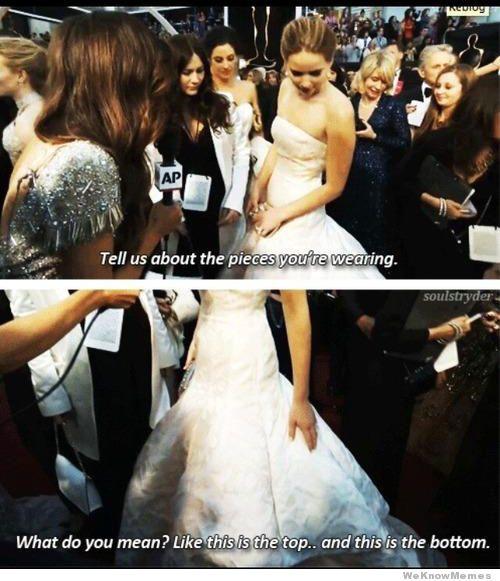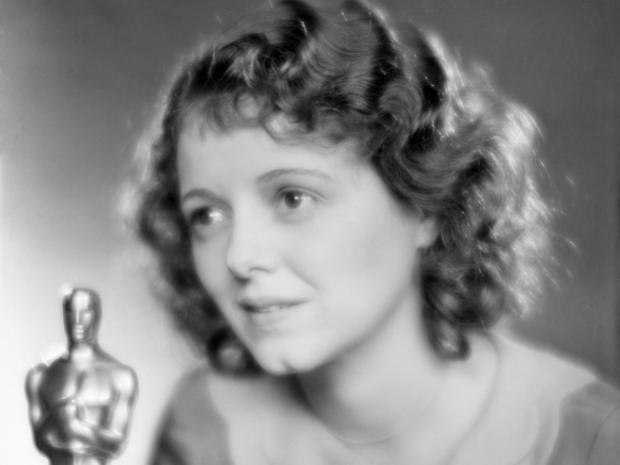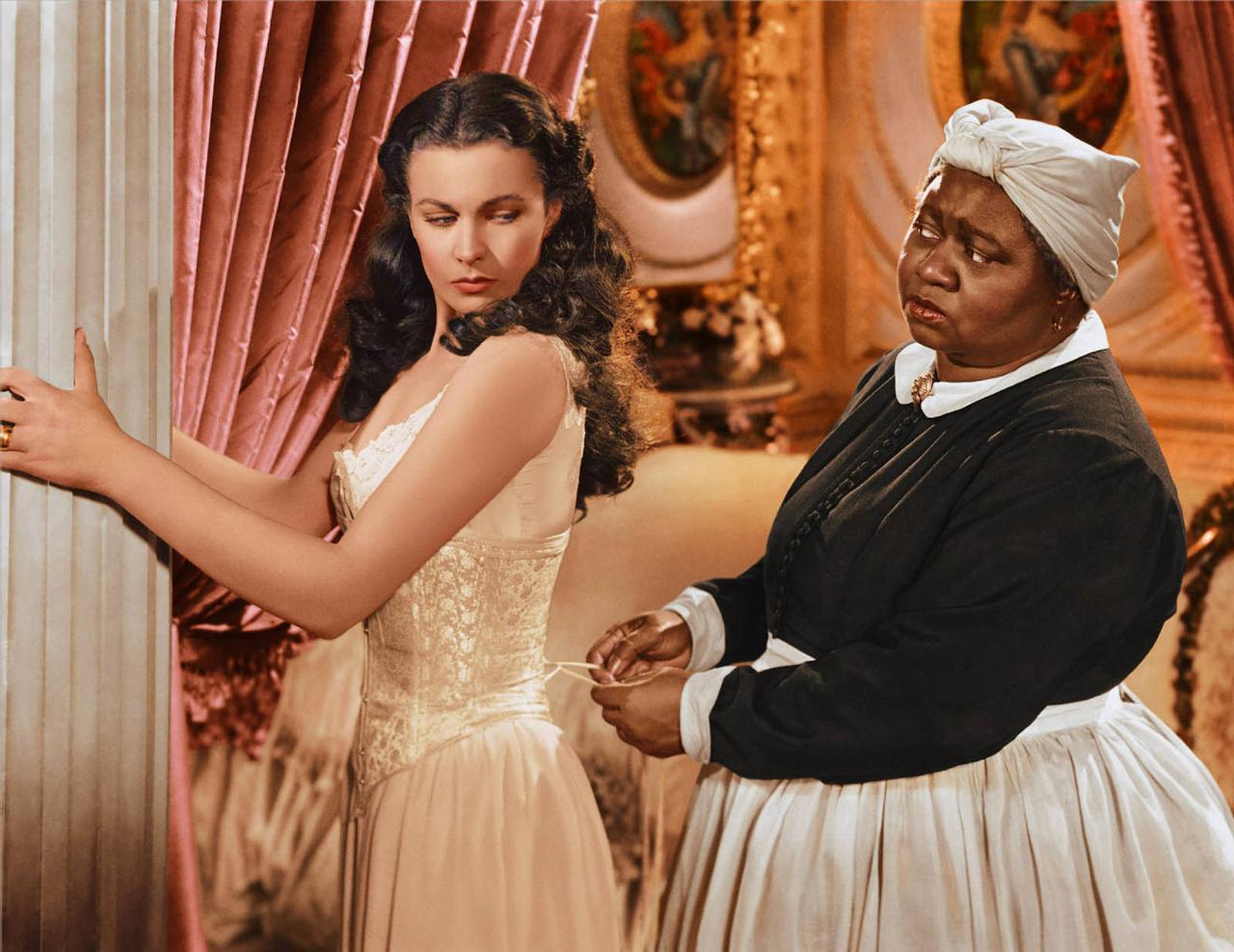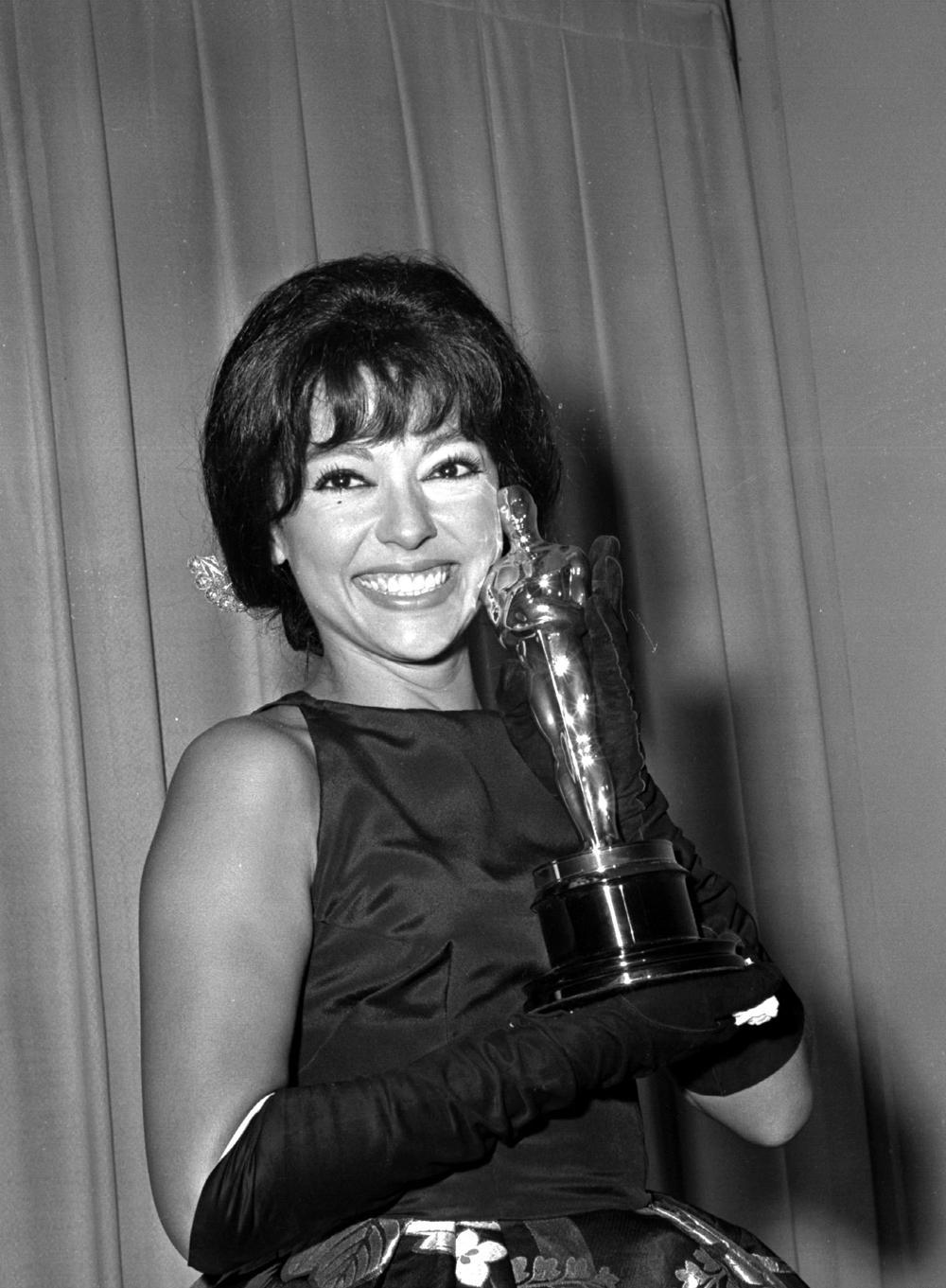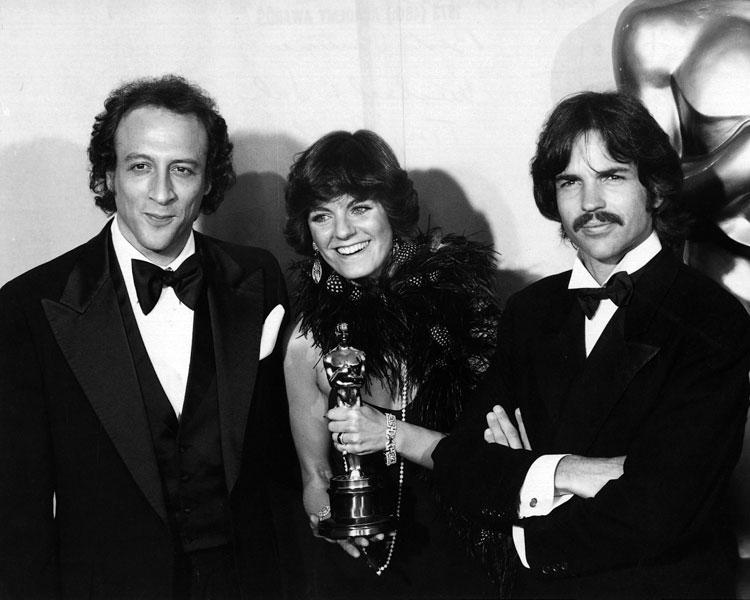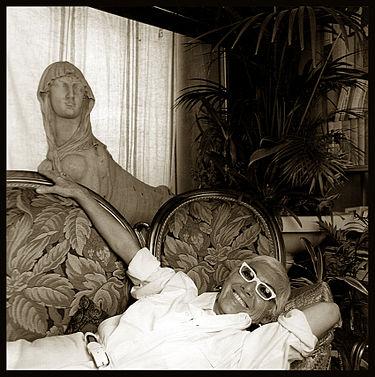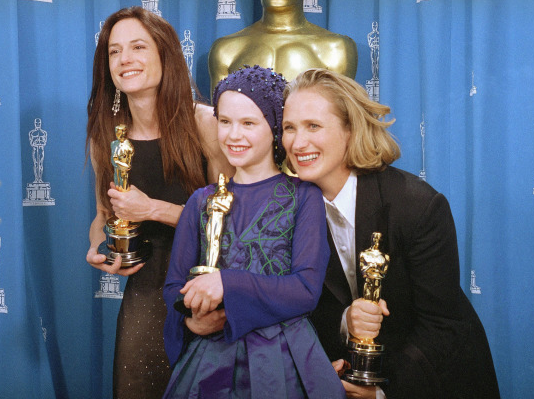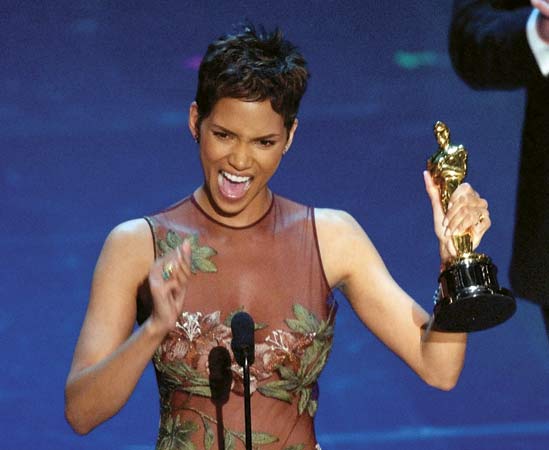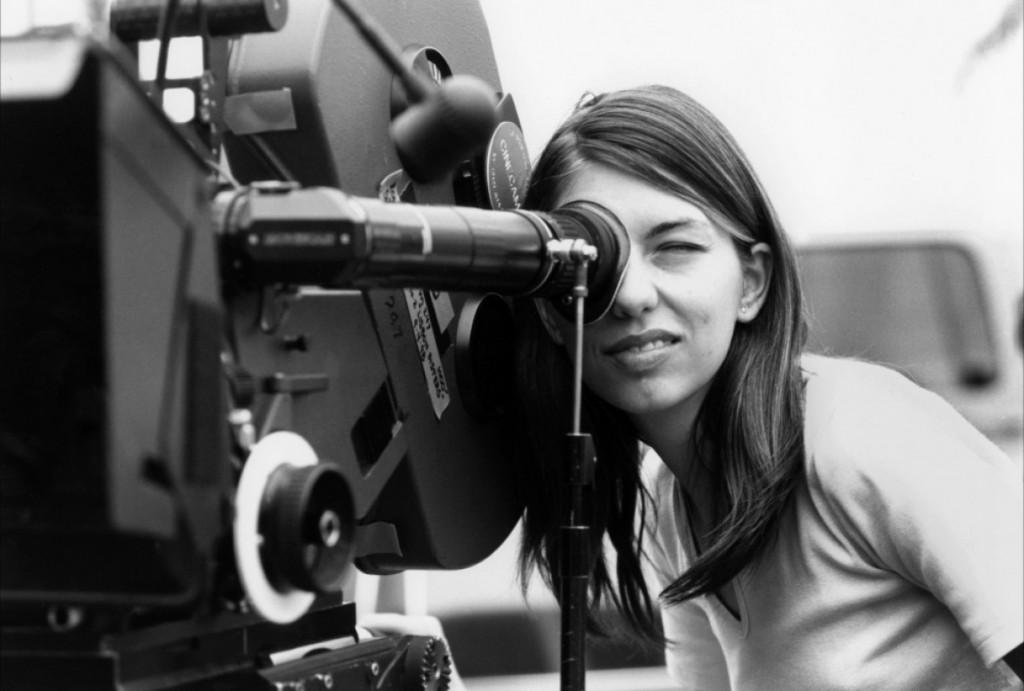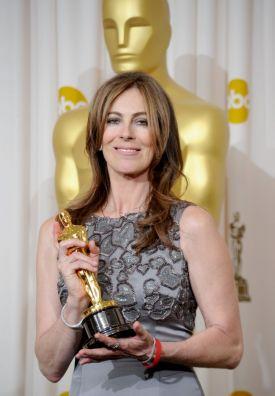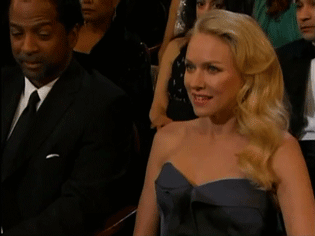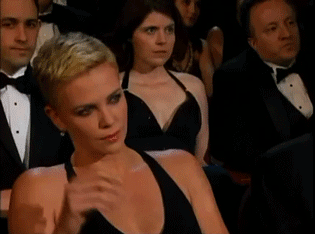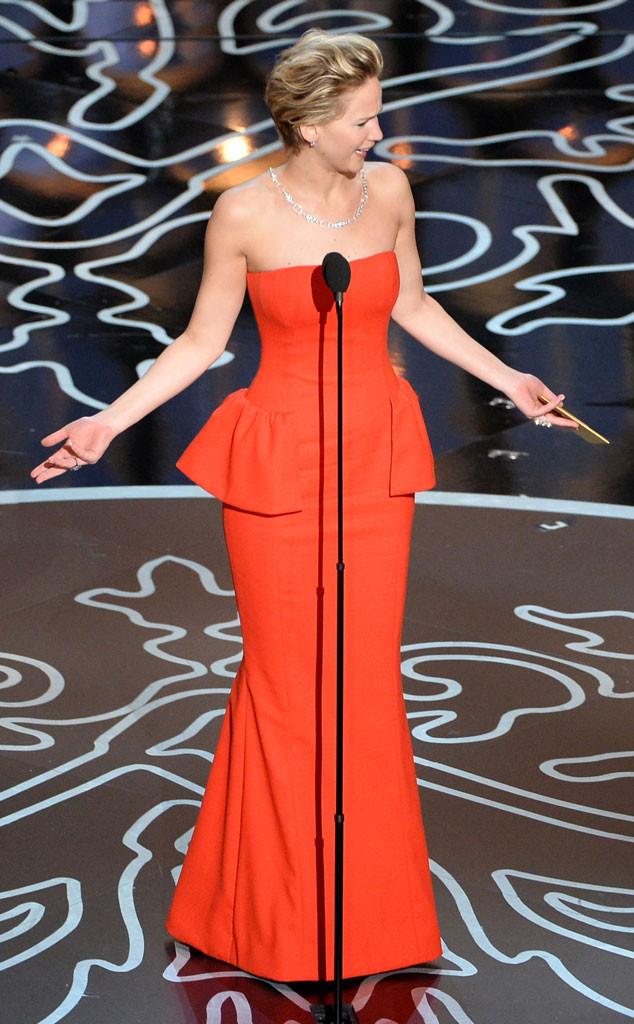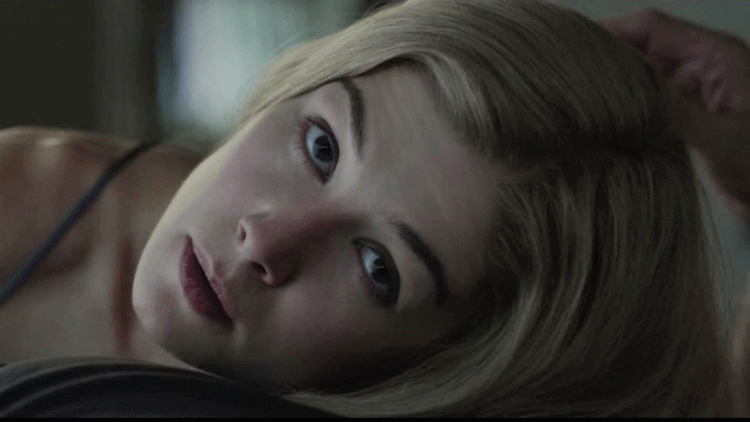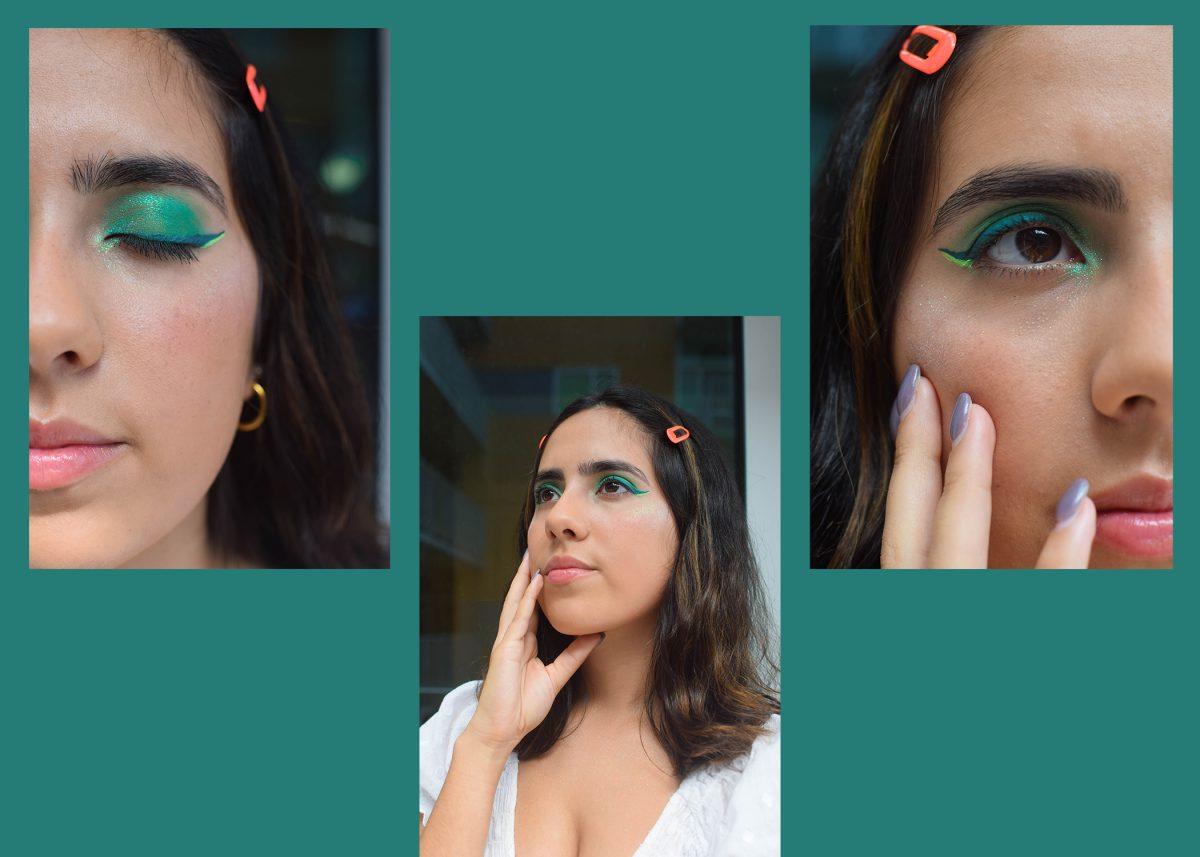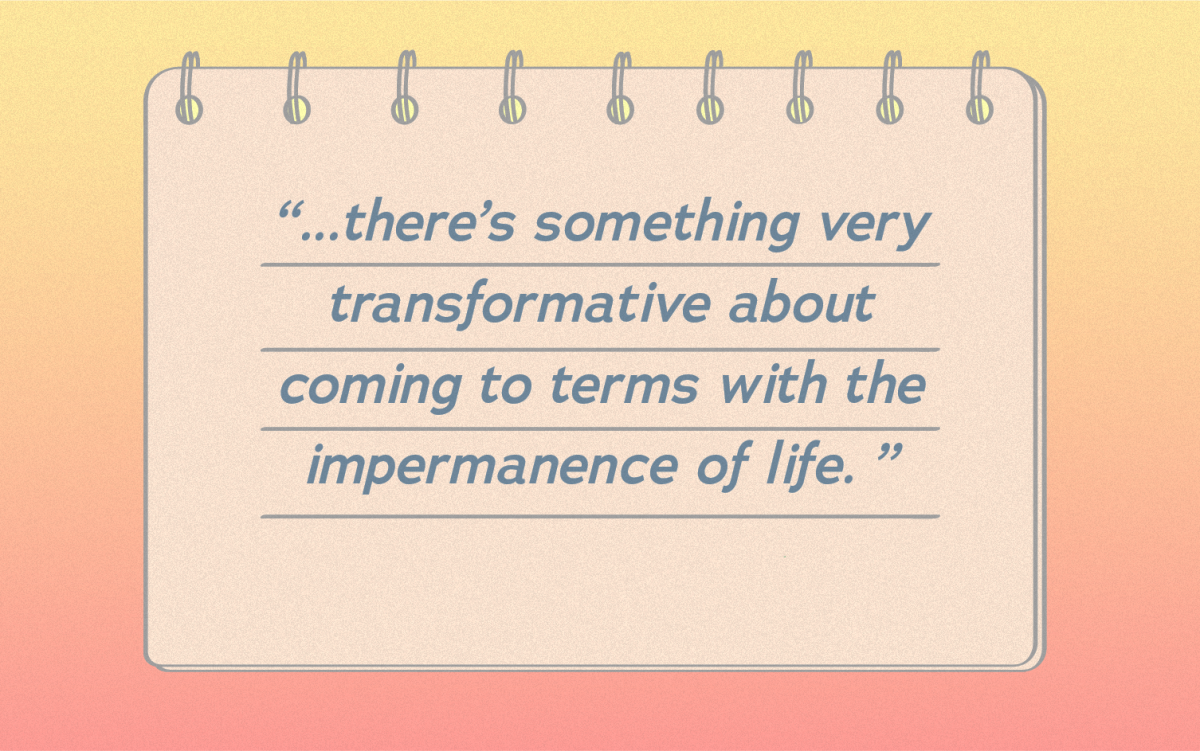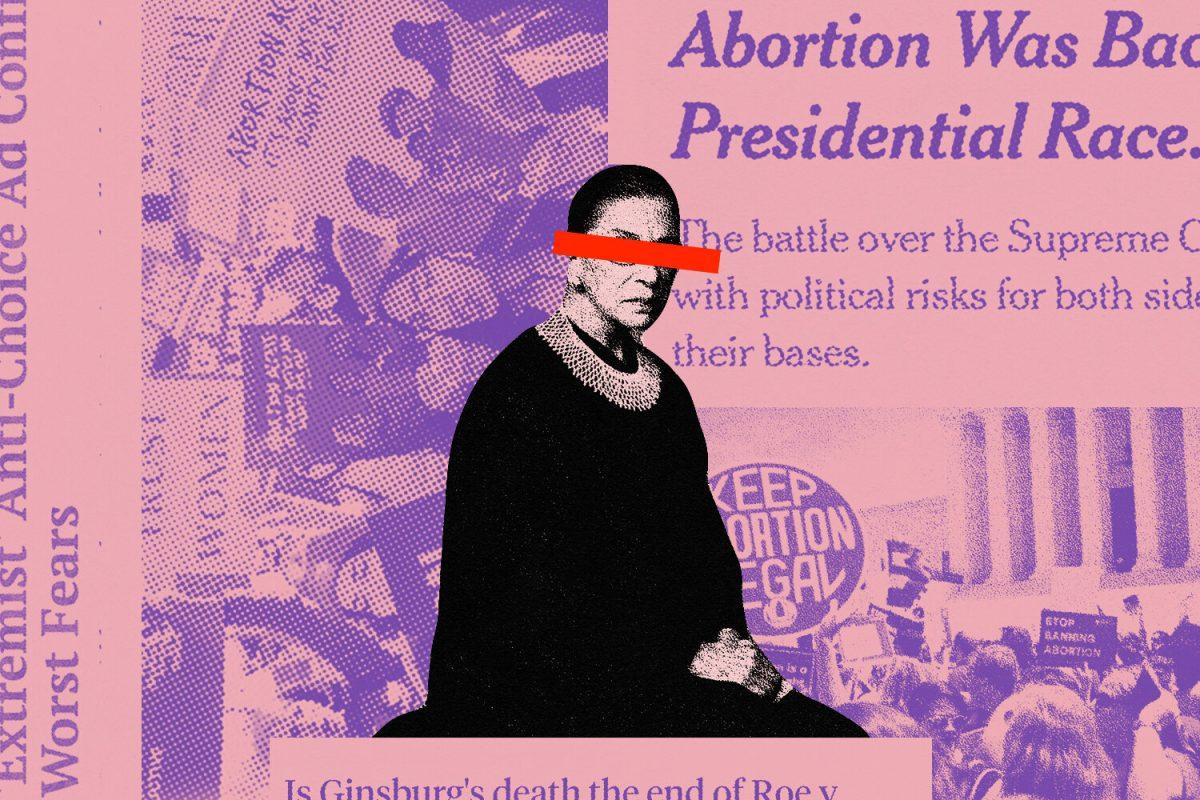By Emily Nash
Considering the Academy who picks Oscar nominees and winners is mostly composed of old, white men, it’s no wonder gender inequality is rampant at the Academy Awards — and in the film industry in general.
These gender inequalities range from the lack of female director nominees (in 87 years, only four women directors have been nominated for Best Director, and only one took home an award) to reporters asking female celebrities boring or sexist questions.
The 87th Oscars are tonight, so here is a brief history of women’s representation in the awards:
1929: The 1st Academy Awards. The only women nominated are in the “Best Actress in a Leading Role” category. The award goes to Janet for her role in “Seventh Heaven,” “Street Angel” and “Sunrise: A Song of Two Humans.”
1940: Hattie McDaniel wins Best Supporting Actress for her role in “Gone With the Wind,” making her the first African American to win an Academy Award. At the Oscars, however, McDaniel is forced to sit away from her co-stars at a segregated table (racism in the Academy is a discussion all its own).
1961: Rita Moreno is the first Latin-American born woman to win an Oscar, receiving Best Supporting Actress for her role in “West Side Story.” Since Moreno, Lupita Nyong’o is the only other Latin-American born woman to win Best Supporting Actress, for “12 Years a Slave” in 2013. A Hispanic woman has yet to win Best Actress in a Leading Role.
1974: 45 years after the first Academy Awards, Julia Phillips is the first woman to win an Oscar as a producer for her film “The Sting”.
1976: Lina Wertmüller is the first woman to be nominated for Best Director for her film “Seven Beauties,” but the award goes to John G. Avildsen’s film “Rocky”.
1993: “The Piano,” produced by Jan Chapman and directed by Jane Campion, is nominated for Best Picture, Best Director and Best Original Screenplay. Campion wins for Best Original Screenplay. She is the only the second woman to be nominated for Best Director. This is in the 1990s.
2001: Halle Berry is the first African-American woman to win Best Actress for her role in “Monster’s Ball.” Before Berry, only six other black women were nominated for Best Actress in a Leading Role. Since 2001, no others have won.
2003: Sofia Coppola is nominated for Best Picture, Best Director, and Best Original Screenplay for “Lost in Translation.” She wins Best Original Screenplay but loses Best Director and Best Picture to Peter Jackson’s “The Lord of the Rings: Return of the King.” At least Coppola receives some recognition for “Lost in Translation.”
themissinformation.com
2010: After 81 years of failing to recognize women directors, Kathryn Bigelow receives Best Director for her film “The Hurt Locker.” Finally. So far, Bigelow is the only woman to receive the Oscar for Best Director.
2013: Seth MacFarlane hosts the Oscars, and most of his jokes are offensive. During his opening monologue, he makes a joke about domestic violence: “‘Django: Unchained’ is a movie where a woman is subjected to violence, or as we call it, a Chris Brown and Rihanna date movie,” he says.
It gets worse. He performs a song called “We Saw Your Boobs,” which lists women who appeared topless in films. Charlize Theron and Naomi Watts, who are mentioned in the song, look disgusted and uncomfortable.
He also makes racist comments about Penelope Cruz, Salma Hayek and Javier Bardem. “We have no idea what they’re saying, but we don’t care because they’re so attractive,” he says.
So far, I’d vote Seth MacFarlane as the worst Oscar Host of all time. Can we just stick with Ellen DeGeneres, please?
magpizza.tumblr.com
2014: No matter the year, reporters seem to make a bigger deal over women’s fashion choices than why they’re on the red carpet. When Mario Lopez from Extra interviewed Jennifer Lawrence, he mostly focused on her Dior dress, her short hairstyle and whether or not she had a date. He only briefly mentioned her work on “The Hunger Games” and didn’t even ask her about her nomination for Best Supporting Actress for “American Hustle.”
Why is fashion more important than the celebrity’s achievements? Beats me.
So, what’s in store for tonight’s 87th Academy Awards?
When reviewing the nominees, the first question that came to my mind was: Why isn’t “Gone Girl” up for Best Picture? Could it be the feminist controversy behind the film? There are probably more reasons, but it’s questionable.
Additionally, although “Selma” is nominated for Best Picture, director Ava DuVernay is not up for Best Director, though she was the first black woman to be nominated for the equivalent award at the Golden Globes. Instead, four white men and one Hispanic man are in the running for the Best Director Oscar.
As you watch the Oscars tonight, keep an eye out for the #AskHerMore trend on Twitter. This campaign is a way to call out the boring and/or sexist questions reporters ask female celebrities. Hopefully it is the first step in ending the gender inequalities in the film industry.
If you're watching #Oscars2015 tonight… #AskHerMore Via @smrtgrls @RepresentPledge pic.twitter.com/NjPiQzd3AV
— Soraya Chemaly (@schemaly) February 22, 2015
Female celebrities keeping their cool in the face of awful questions: http://t.co/3ecaH4sLh0 #AskHerMore pic.twitter.com/0jV20EhMJz
— Elizabeth Plank (@feministabulous) February 18, 2015
We are more than just our gender. It's time the world sees us for our achievements, not our appearances. #AskHerMore pic.twitter.com/ZdHyaHLQkX
— kiki (@kikimurphy_) February 18, 2015
When asked "Who are you wearing?" Walk away or be creative. #AskHerMore #Oscars #AcademyAwards #Oscars2015 pic.twitter.com/qTm94jj8HR
— Lynn Walsh (@toonwalsh) February 22, 2015
































